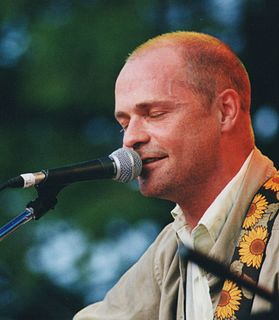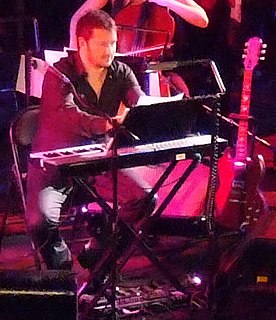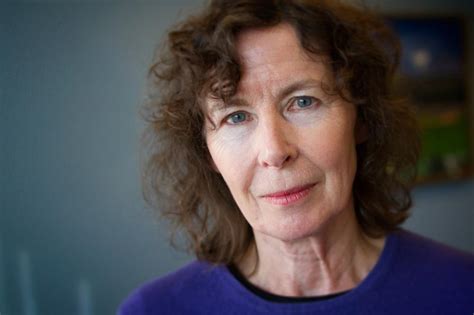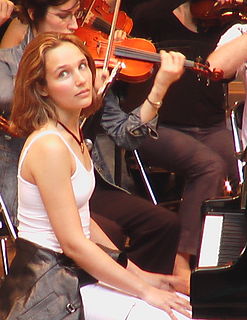A Quote by Pico Iyer
In many a piece of music, it's the pause or the rest that gives the piece its beauty and its shape. And I know I, as a writer, will often try to include a lot of empty space on the page so that the reader can complete my thoughts and sentences and so that her imagination has room to breathe.
Related Quotes
Presenting both sides of Christianity gives the skeptic room to breathe - and to consider the possibility that there's room in Christianity for diversity in interpreting the Bible. And it gives the traditionalist pause to think again - and to consider the possibility that she might need to tweak her hermeneutic.
For it is only framed in space that beauty blooms. Only in space are events and objects and people unique and significant-and therefore beautiful. A tree has significance if one sees it against the empty face of sky. A note in music gains significance from the silences on either side. A candle flowers in the space of night. Even small and casual things take on significance if they are washed in space, like a few autumn grasses in one corner of an Oriental painting, the rest of the page bare.
Books are frozen voices, in the same way that musical scores are frozen music. The score is a way of transmitting the music to someone who can play it, releasing it into the air where it can once more be heard. And the black alphabet marks on the page represent words that were once spoken, if only in the writer's head. They lie there inert until a reader comes along and transforms the letters into living sounds. The reader is the musician of the book: each reader may read the same text, just as each violinist plays the same piece, but each interpretation is different.
I really like to absorb the project and watch it and work on the music a lot and just get the feel for it until eventually a moment comes where I know I've got it. A lot of it is trial and error. Some days a piece of music doesn't work then other day another piece of music finally says something and works with the picture and suddenly casts a light on all the other stuff you've done - probably because my mind is getting to understand it and the piece is educating me. I always feel like the score is in there already somewhere and I just have to channel it and accent it.





































